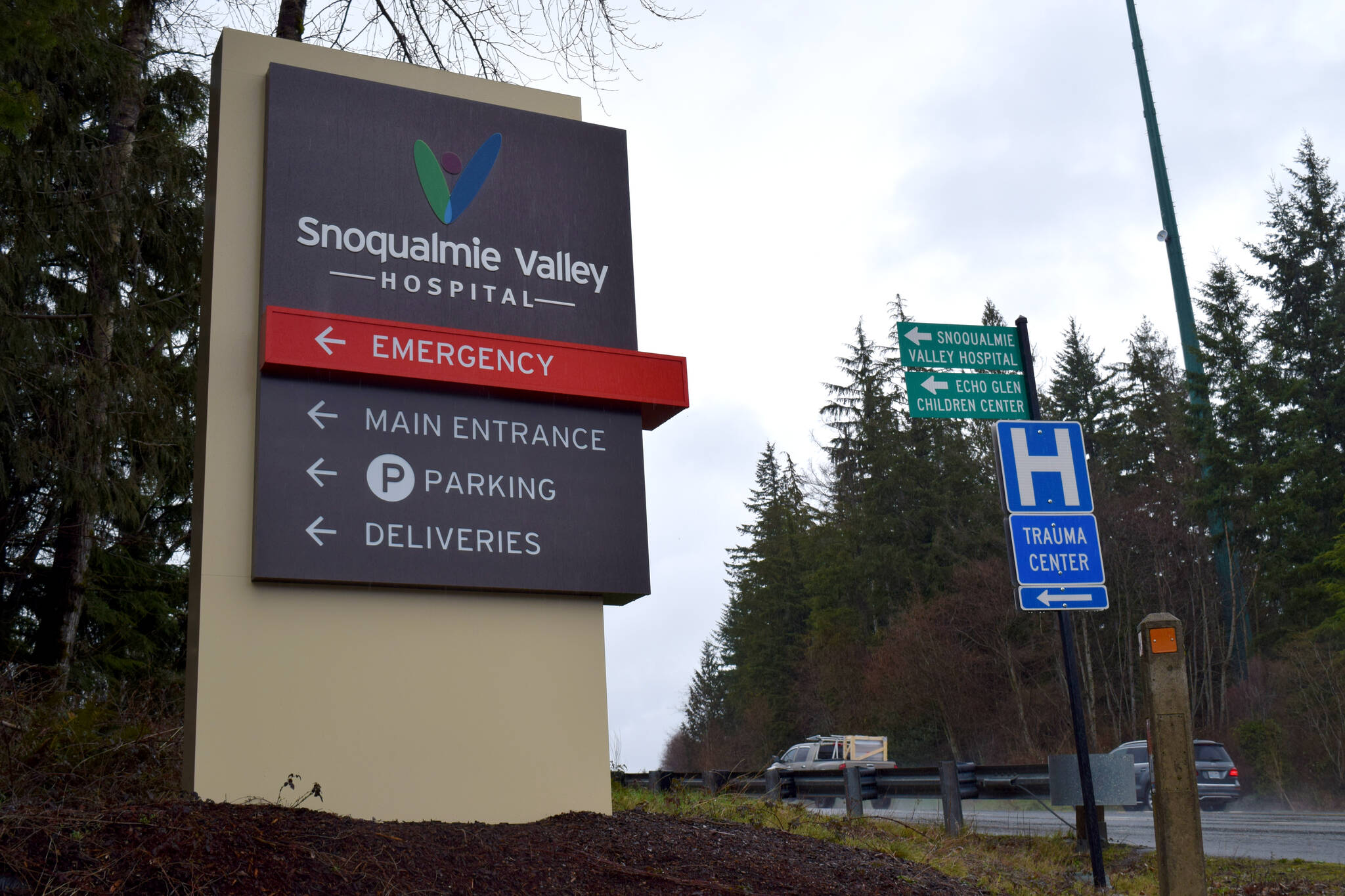A ballot measure that would raise property taxes in support of the Snoqualmie Valley Hospital District is currently failing based on initial election results released Tuesday night, April 25.
Only 31% of of the nearly 7,000 ballots cast voted in support of the measure, according to election results released by King County Elections. The measure needs majority support to pass.
Results will not be finalized until May 5. Additional ballots could be added to the tally over the next week or so, but are unlikely to sway the results.
The Snoqualmie Valley Hospital District stretches from Snoqualmie Pass to the southern Duvall city limit, including the majority of the Snoqualmie Valley and a section outside Issaquah.
Hospital District Board of Directors voted 4-1 to put the property tax hike, a levy lid lift, on the April Special Election ballot. It was one of just four measures in the county being voted on Tuesday.
The lid lift is seeking a property tax increase of roughly 46 cents per $1,000 of assessed property value. For a $900,000 home that would equate to an approximate annual tax of $630.
Hospital officials say the increased tax revenue would allow the district to better serve its increased population and outlying areas, support an emergency department expansion, provide additional support in the emergency department to meet increasing behavioral health needs, and replace aging and broken equipment. Hospital officials also noted the levy would create a tax credit policy, which supporters say will help offset the cost of the levy.
The hospital district last asked voters to approve a levy lid lift in 2008.
Crisis Center Levy
King County’s Crisis Care Center Levy, also on the ballot Tuesday, was passing with 56% support based on initial results.
The Crisis Center Levy is looking to raise $1.25 billion in property taxes to support a three-pronged approach to addressing mental health and substance abuse challenges in King County.
Funding would build five 24/7 walk-in or drop-off facilities throughout the county to treat behavioral health crises. It would also restore lost mental health treatment beds and support growth and retention of workforce.


